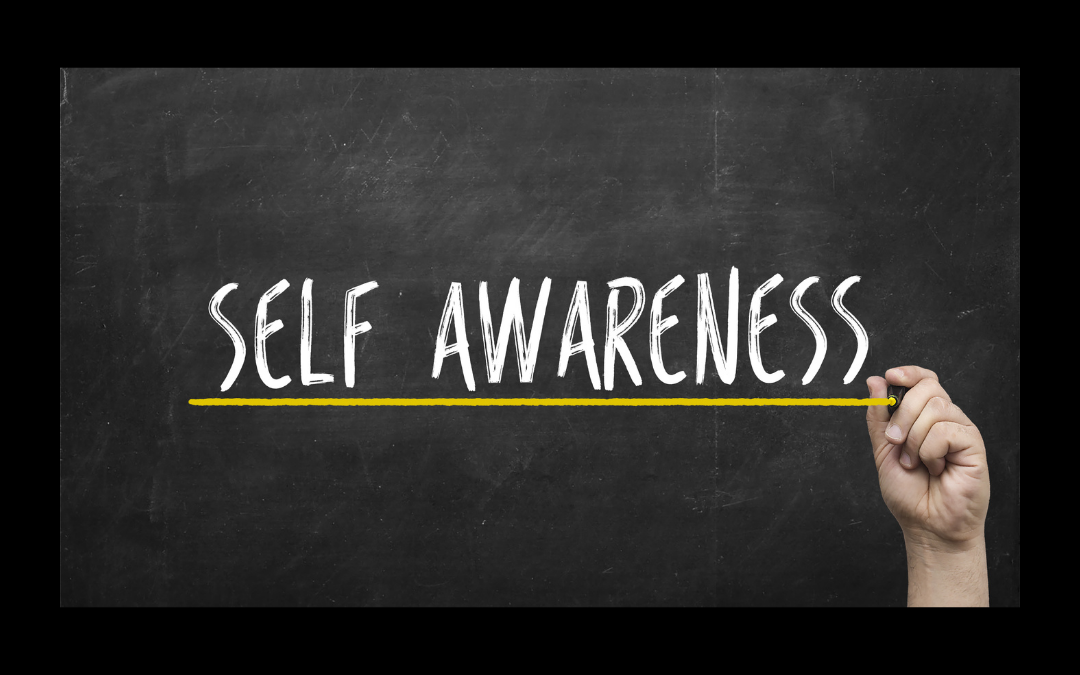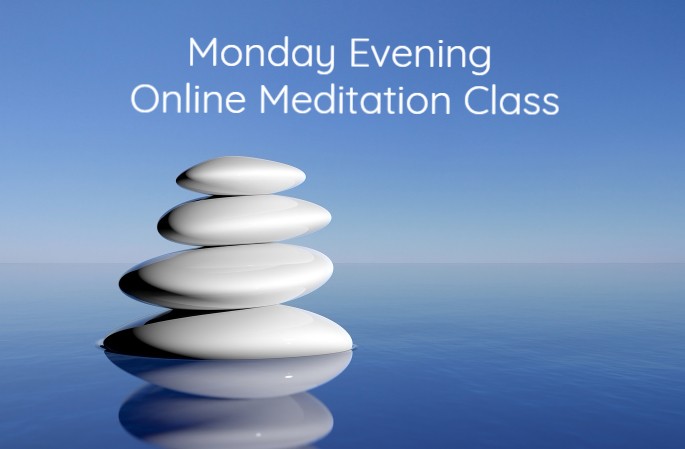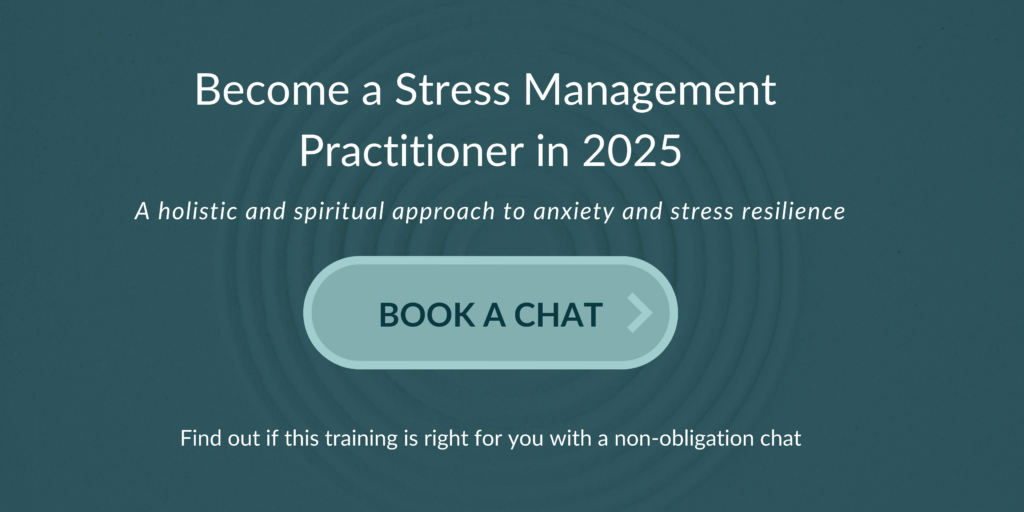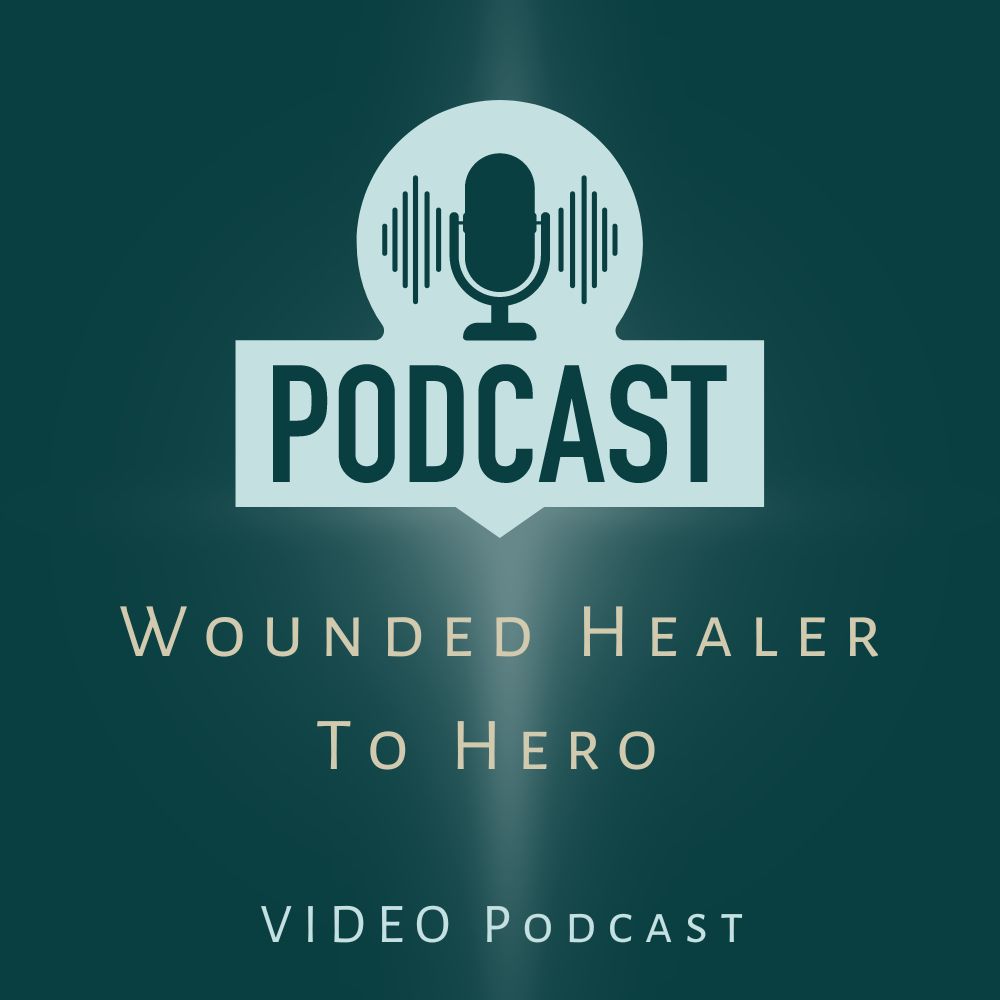9 Signs Of Poor Self-Awareness In Therapists, Coaches and Healers. The Importance of good Self Awareness In Therapy, Coaching, and Healing.
What is self-awareness and why is self-awareness such an important skill for a therapist, coach, counsellor, and healer.
What is Awareness?
Awareness is the state of being aware of something, having knowledge, or insight into a situation or fact.
What is Self-Awareness?
Is being aware of one’s own emotions, responses, behaviours and interactions. How we feel and respond to situations and others’.
Awareness And Self-Awareness
Awareness and Self-Awareness are extremely important in the coaching, mentoring, or therapist relationship. Without awareness and self-awareness, it is difficult to build, client trust or rapport.
In the different areas of my work, I meet many therapists, coaches, healers and students training to be therapists. Each has different levels of awareness and self-awareness.
The problem with a student or therapist that lacks self-awareness is that they don’t have the awareness to realise they actually lack self-awareness. Some of us are naturally more aware or self-aware than others.
Why Lack Of Self-Awareness Can Hurt Clients
A lack of self-awareness can cause all sorts of issues in not just the client, therapist relationship, but the student-trainer relationship and in the effective running of a business.
I have met so many clients who have felt so damaged, gaslighted and misunderstood by therapists and wellbeing practitioner who simply lack basic self-awareness skills.
Like some things in life we often don’t know what we don’t know until we do. This is one of the reasons I don’t believe in fast-track training for therapists or coaches. And I tend to not work with those who say they are a coach but have had no coaching or very limited coaching experience.
An effective therapist, coach or healer has good self-awareness which includes good awareness of their skill set, strengths and vulnerabilities. Lack of self-awareness in some ways can be just a few areas we struggle with, or it can for some people be a big challenge.
9 Signs You Maybe Lacking Self-Awareness

Constant Need To Control or Influence Situations
This can be the need to control events, people at home, work, and friends for example control if people like you or not, a need to really control your daily, weekly routine. A need to try and control and manipulate people other’s beliefs.
You Hate Being WRONG
You really struggle with being wrong you always want to be right and really emotionally struggle if you are wrong or don’t know. You see not knowing as a form of vulnerability, weakness.
You Tend To Prioritise Instant Gratification Or Happiness
You tend to focus on what feels good right now, than what is going to be best in the long term. You can struggle to make short-term sacrifices for long-term benefits. You tend to what things now than delay gratification.
You Have Difficulty Reading The Room
You have difficulty reading the energy of the room, the emotions, feelings of others and the situation and being able to modify your response and behaviour appropriately. Which can lead to not just awkwardness, increased tension with others. This can happen when therapist are very stuck in their own core woundings, anxieties our fears.
You Feel The Need To Talk All The Time
You feel the need to talk all the time without any awareness of those around you, you constantly talk about meaningless topics. You talk just for the sake of talking without having any social cues about when it is appropriate or not.
Over Inflated Sense Of Self Importance
You have an over-inflated sense of self-importance in roles you have for example you may believe you are indispensable at work, believe others cannot achieve certain things without you, and believe you are more experienced or skilled than you are. Although no one is more valuable than another in life, an over-inflated ego that lacks self-awareness will often overestimate their contribution and importance in situations.
You Trigger Conflict Or Drama
You tend to trigger conflict, and drama wherever you go. Find yourself getting into pointless disagreements with others, group and family interactions And struggle to create healthy bonds, and healthy relationships with others due to your need to disagree.
You Constantly Hurt Others
You constantly emotional wound others with your words or responses without realising it. Have little awareness of how damaging your words and behaviour are to those around you. You have no filter, you may be very negatively reactive to anything you disagree with.
You Fall Into Victimhood Patterns
You fall into victimhood patterns when are given any type of negative response or feedback. You may fail to struggle with self-responsibility or in situations where you are not being praised or validated. Rather than see everything as a learning curve.
ACCESS NOW
4 Main Causes Of Poor Self-Awareness
Personality Traits
Personality traits and even archetypal traits can play a big part in a person’s sense of awareness and self-awareness. For example, those with strong dominant leadership traits can be so driven to lead or control that they lack awareness of the needs or impact on those around them. Those with strong rebel traits can have such strong impulses for freedom or their own desires that they will break rules, push boundaries with very little awareness on how this can impact the other person or group.
Values
What we value as important or not important can impact our awareness on so many levels. If we are more service to self than service to others. We are more likely to look at situations from the perspective of what can I get out of this situation, rather than what can we all get out of this situation.
Trauma, Anxiety And Stress
Trauma, and PTSD can trigger more survival responses and more service to self responses than service to others. When one is extremely anxious or stressed or even mentally unwell they can become so self-absorbed in their own suffering that they lack self-awareness.
Medical Conditions
Some types of neurological diseases such as Alzheimer’s Disease can diminish self-awareness it can also accompany conditions such as Schizophrenia, some people on the spectrum with autism or even ADHD. When the brain processes information in a different way or struggles in certain areas. self-awareness can be lacking.
How To Increase Self-Awareness
Become More Mindful:
Slow down, and be more in the moment. Be more presently aware of your emotions, words, and actions. This does take time and practice but the more that you slow down in your own life, the more mindful you will be as a therapist.
Learn How To Be still:
Learn how to meditate, become more still, and quieten the mind. This helps us to be more a witness and observer than a reactor. This helps us hold the space for clients, come from a space of neutrality or compassion.
Learn to Relax.
The more deeply you can relax, and switch off, the easier it is to let go of the need to control everything. It moves you out of the stress response to the relaxed response. You become more calm, confident and relaxed in the therapy session which makes it so much more comfortable for the client. A highly anxious or stressed therapist can cause the client more anxiety and stress.
Active Listening:
Become an active listener than a reactor. Make sure you ask your clients enough of the right questions, never make assumptions or presumptions until you get enough information from the client. And that involves asking them what they think is going on. Give others the space to speak and give their opinion without taking it personally, or trying to control the situation.
Be Open To New Perceptions:
Be willing to challenge your beliefs and perceptions. Be open to others’ perceptions and ideas, it is the only way we learn as therapists and healers. Everyday is a school day and it can be very easy to become very fixed on our views and in what weve been taught. We just need to look at things like scientific research and studies, new insights and new learnings are constantly changing and evolving. We can sometimes actually hurt or gaslight our clients when we are very fixed in our views.
Constructive Criticism:
Be open to constructive criticism and even negative feedback because as therapists and healers, we are on a journey and it is why a lot of fast-track training can fail many therapists and healers. Because these types of training often do not give the therapist enough time to practice, master their skills and receive healthy constructive criticism to be a good therapist.
Self-Compassion:
Show yourself self-compassion, on one level we are all a work in progress. We all have certain areas, skills we need to work on. Becoming aware that you lack awareness is the key to increasing that awareness. So be kind, be patient with yourself, have more compassion for yourself.






